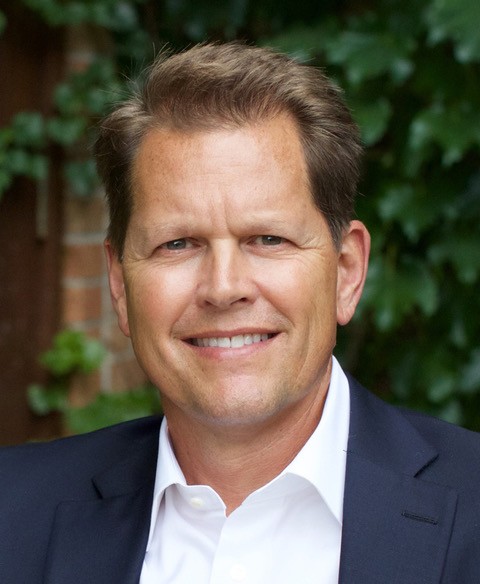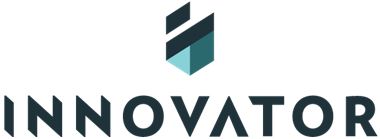Today's new ETF listings from around the world.
USA
Bruce Bond launches defined outcome ETFs
PowerShares founder Bruce Bond and his partner in crime John Southard are back in the ETF industry with new issuer Innovator Capital Management. As part of their opening foray, Bond and Southard are listing a family of "defined outcome" ETFs based on the S&P 500.
"Defined outcome" - is a type of investment strategy that uses options to ensure certain outcomes. But usually requires investors to stay locked in for a certain period. The new products are:
Innovator S&P 500 Enhance and 10% Shield Strategy ETF (EAPR)
Innovator S&P 500 Ultra Strategy ETF (UAPR)
EAPR matches the S&P 500 price index (excludes dividends) in the good times while providing 10% downside protection in the bad. The downside protection allows investors to lose absolutely nothing if the S&P drops by 10% or less - provided they stay invested for 12 months. But it also caps how much they can gain. It does this by buying options, and the "interplay" of options helps produce the desired returns, the prospectus says.
UAPR will have the simpler mandate of just trying to beat the S&P Price Index in the good times while merely matching it in the bad. UAPR also presumes a 12 month investment period and the upside is subject to a cap, which will vary from year to year.
Analysis - ETFs to disrupt structured product
The ETF industry is much bigger and better recognised than in Bond's heyday in 2006 but there's also more competition. Today, there's no money to be made in plain vanilla ETFs, meaning those brave enough to enter the industry have to offer something truly different - and often do the educational work that comes with it. As the first, in many ways, to offer smart beta ETFs, Bond is better placed than almost anyone to hazard a guess at what new idea might work. And defined outcome ETFs are truly new.
In what commentary exists so far, some have asked whether these new products, which look like annuities but without the lockups or cost, are intended to disrupt the insurance industry. But disrupting the insurance industry seems unlikely. Another guess might be that they're intended to disrupt the structured product space. European banks have been offering this type of structured product for a while (the certificates industry in Germany has been going for years), but they aren't quite available in the US like they are in Europe.
It will be interesting to see how well these funds go about raking in assets. The US ETF market is heavily retail driven but these types of products are mostly unfamiliar to the US retail market, suggesting a lot of educational legwork will be needed to get these products bought and sold. Then again, Mr Bond has been here before and succeeded.
Pacer lists military veterans ETF
Pennsylvania-based Pacer is listing an ETF that tracks an index of companies based on how well they do by military veterans. The Pacer Military Times Best for Vets Equity ETF (VETS) tracks an index based on Sightline Media's the Military Times Best for Vets Employers list. The list judges US companies on their recruiting of armed forces veterans and service members, company culture, policies, and reservist accommodations.
To be included in the index VETS' tracks, a company needs to have been on the list for three years, have $200 million-plus market cap, and be sufficiently liquid. As of early 2018, the index had 37 components.
iShares lists small cap ESG ETF
BlackRock is extending its ESG offering out to US small caps, listing the iShares MSCI USA Small Cap ESG Optimized ETF (ESML). Like it's other ESG funds, ESML excludes companies in tobacco, controversial weapons, and those "involved in very severe business controversies," the prospectus says.
It then weighs companies in order to "maximize exposure to [those] with higher ESG ratings, subject to maintaining risk and return characteristics similar to those of the Parent Index," which is the MSCI USA Small Cap Index.





